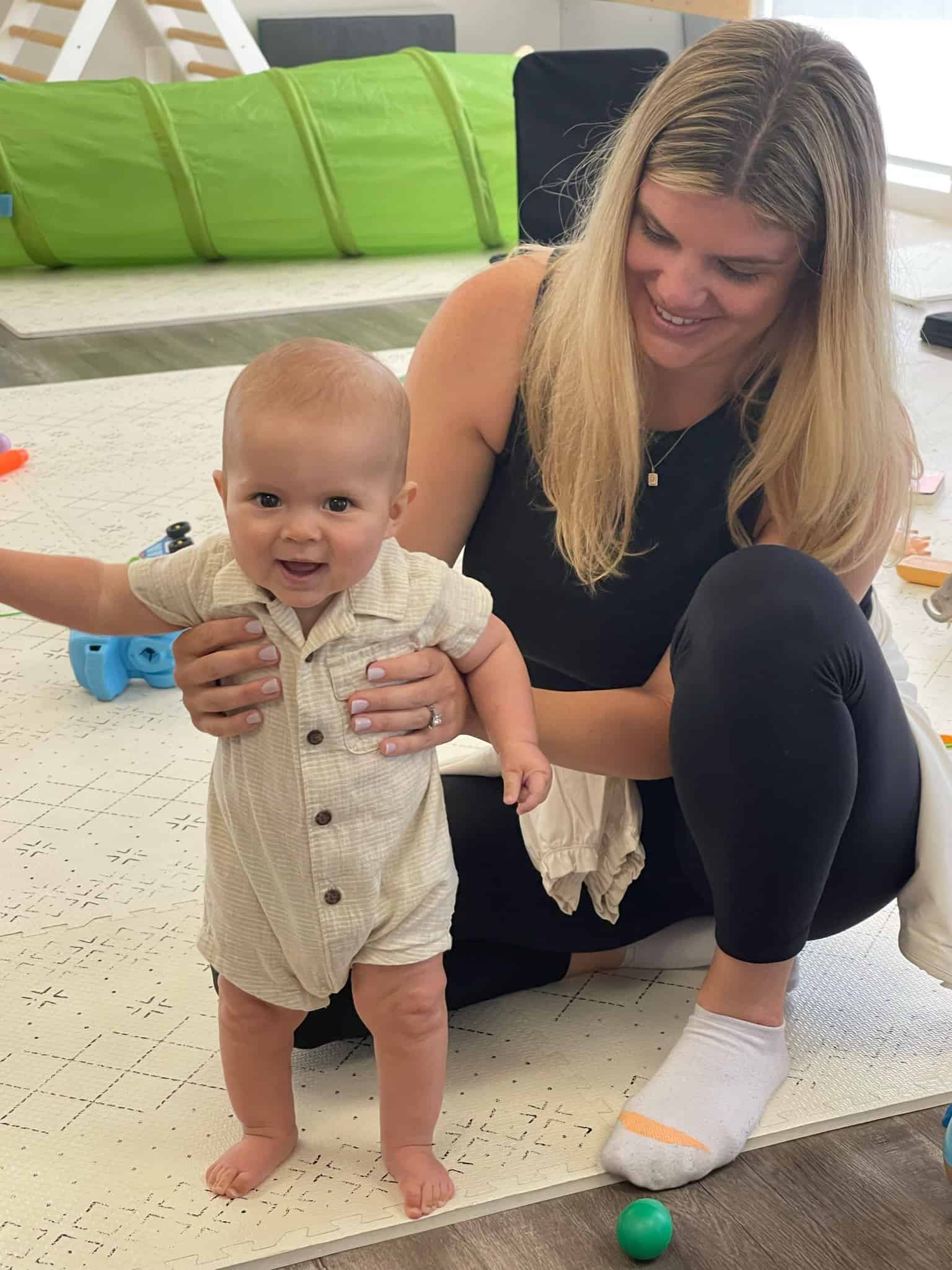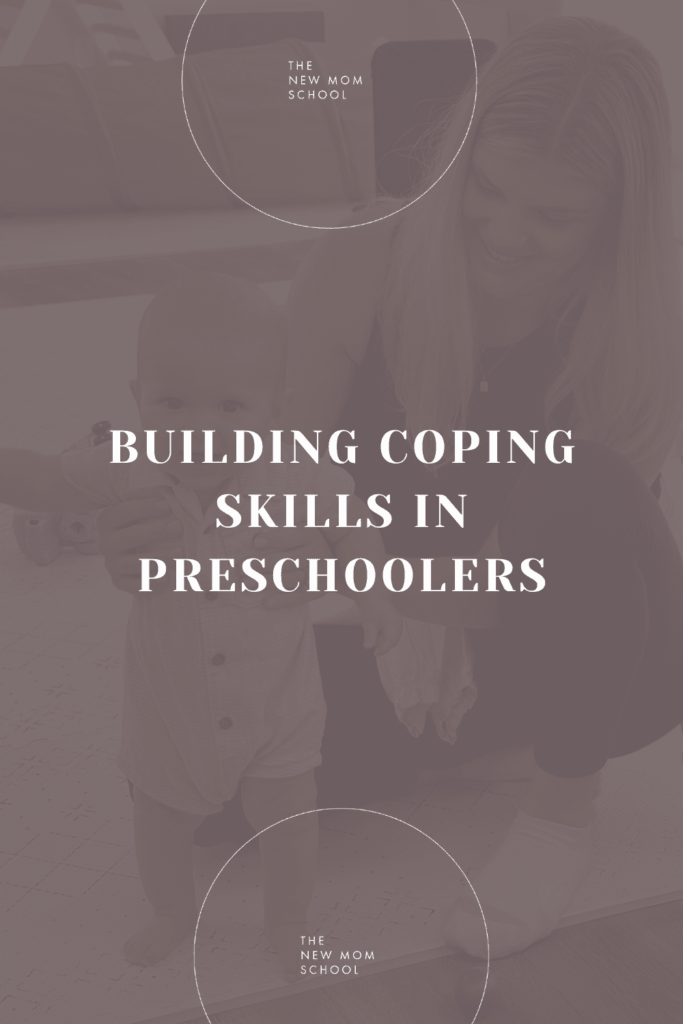Strong emotions can be scary for all kids and especially young children. Their big emotions can bring on strong reactions. For children to feel more in control of their thoughts and feelings, to ultimately be more settled in how they deal with their emotions, it is important for them to have coping strategies. Coping strategies are built consistently over time. To build a repertoire of coping skills it is necessary for parents to help children learn about their emotions and work with them to develop effective skills.
Here are four points to be aware of when helping young kids develop coping skills.
Find your children’s triggers
Take time to observe your child and see if you can develop a better understanding of their struggles. Which situations are hardest for your child? Are transitions between activities particularly tough? Are there times of the day that are harder than others? Are there certain routines like bedtime or getting dressed in the morning that are more triggering? Consider what changes might be necessary to help your child cope. Do there need to be changes made to their routine? Would a picture schedule be helpful? How might your responses be adding fuel to the fire?
Be present and understanding
When your child is feeling emotional they need your attention and understanding. This is a time to focus on your child and their distress. Listen to them with the intention of trying to understand their emotion/s and the source of their upset. Ask related questions and let your child know you care and you are willing and wanting to help. Your empathy will go a long way.
Give words to feelings
When children are able to name their feelings, when they can talk about how they are feeling and what might be causing them to feel that way, emotions feel more manageable. From the time your children are little let them hear you labeling your emotions. As they grow help them label their own emotions. It is true for our kids that if they can name their emotions they can begin to tame their emotions. Visual charts, pictures of different emotions, and stories are extremely helpful in helping kids identify and learn about their emotions.
When talking about their emotions it is important for children to answer three questions – “How are you feeling right now?”, “Where are you feeling it in your body?”, and “What do you think caused you to feel this way?”
Stick with what your child loves
To build effective coping skills it is important to figure out what works and what doesn’t for your child. What does your child already do to feel good and have fun? Do they enjoy being active like riding bikes, playing with balls, or running outside? Do they prefer indoor activities like reading books or doing puzzles? Start building coping strategies with the things your child already likes to do. This may just be the fastest way to help your child get back to a place of calm. Help preschoolers build a list of 3-5 things they enjoy doing. Adding yoga, mindfulness, breathing exercises, and guided meditation are also helpful in teaching preschoolers about their emotions and giving them the skills necessary to process their thoughts and feelings.
All children at one time or another will struggle to deal with anger, disappointment, change, fear, sadness, stress or worry. Helping your child to learn and practice using coping skills will strengthen their wellbeing and allow them to cope with their big emotions and manage their behavior. Promoting the use of coping skills will strengthen your child’s chances for success now and into the future.
Your parenting Counts!


